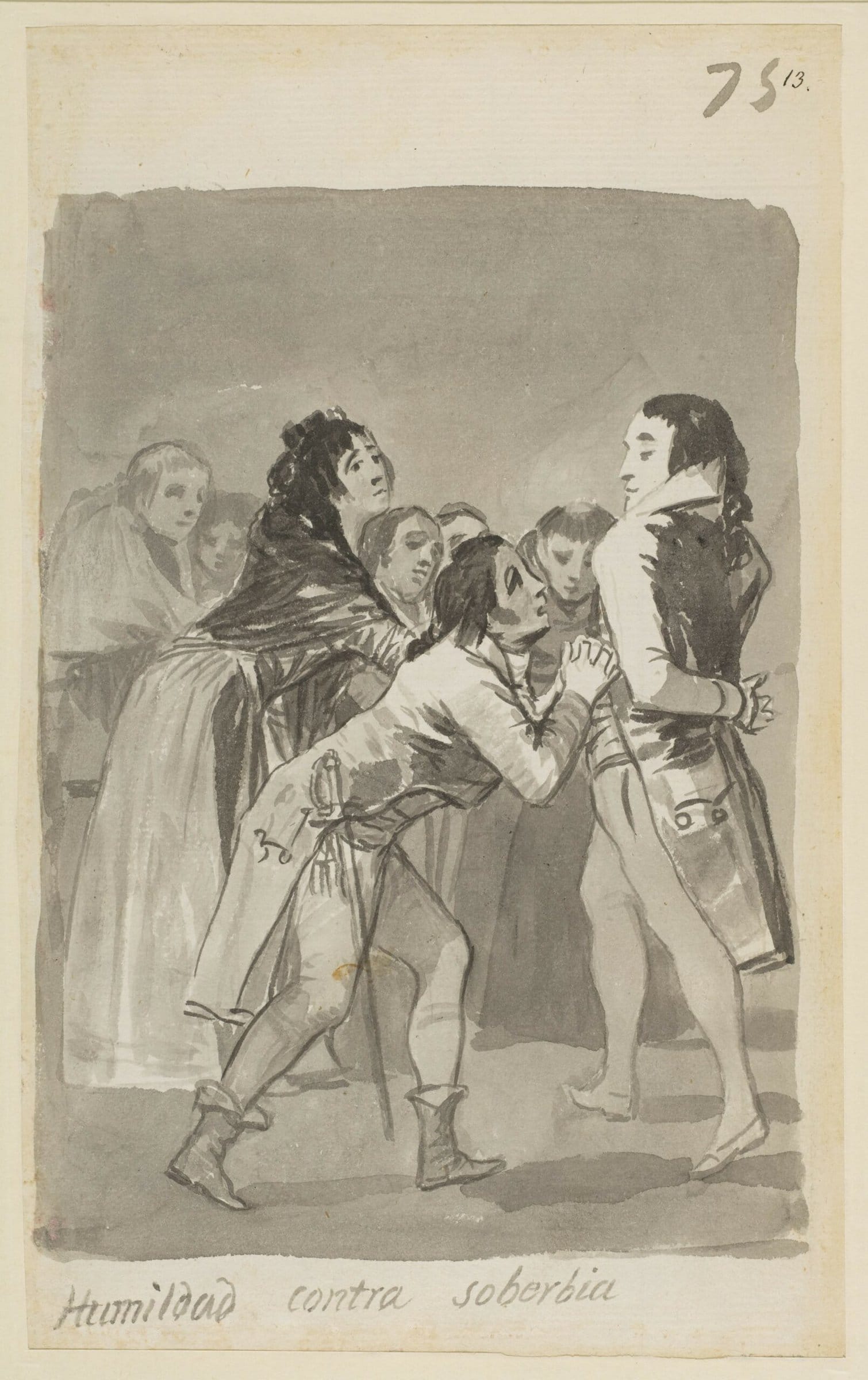Carnegie Corporation of New York has announced the inaugural class of its new major annual fellowship program. Thirty-two Andrew Carnegie Fellows will receive up to $200,000 each to fulfill exceptional project proposals in the social sciences and humanities. Eight historians are among the winners.
Winning proposals from both established and emerging scholars addressed the program’s 2015 theme, Current and Future Challenges to US Democracy and International Order. A selection committee of 25 leading intellectuals evaluated each proposal’s “originality, promise, and potential impact on a particular field of scholarship.”
“It is my hope that the work of the Andrew Carnegie Fellows will help inform the American public as well as policy makers,” said Vartan Gregorian, president of Carnegie Corporation.
The eight historians and their project titles are listed below:
Shahzad Bashir, Stanford University, Islamic Times: Conceptualizing Pasts and Futures
Kevin Gerard Boyle, Northwestern University, AHA member, The Splendid Dead: An American Ordeal
Gregory T. Cushman, University of Kansas, AHA member and 2014 Bentley Prize winner, The Anthropocene: A People’s History of the Earth under Human Domination
Ian Morris, Stanford University, Singularity and Nightfall: Trends in Social Development
Timothy David Snyder, Yale University, The End of Europe
Thomas J. Sugrue, New York University, The US Mortgage and Foreclosure Crisis in Historical Perspective: Real Estate, Finance, and Politics
Elizabeth F. Thompson, University of Virginia, AHA member, After Lawrence: Woodrow Wilson and the Brief Promise of Arab Liberalism
Max Weiss, Princeton University, AHA member, The Hallowed Sanctuary: An Interpretive History of Modern Syria
A full list of recipients of the 2015 Carnegie Fellowships can be found here.
This post first appeared on AHA Today.
This work is licensed under a Creative Commons Attribution-NonCommercial-NoDerivatives 4.0 International License. Attribution must provide author name, article title, Perspectives on History, date of publication, and a link to this page. This license applies only to the article, not to text or images used here by permission.

